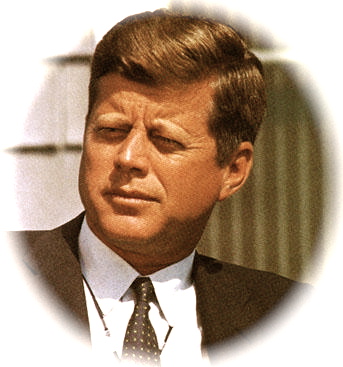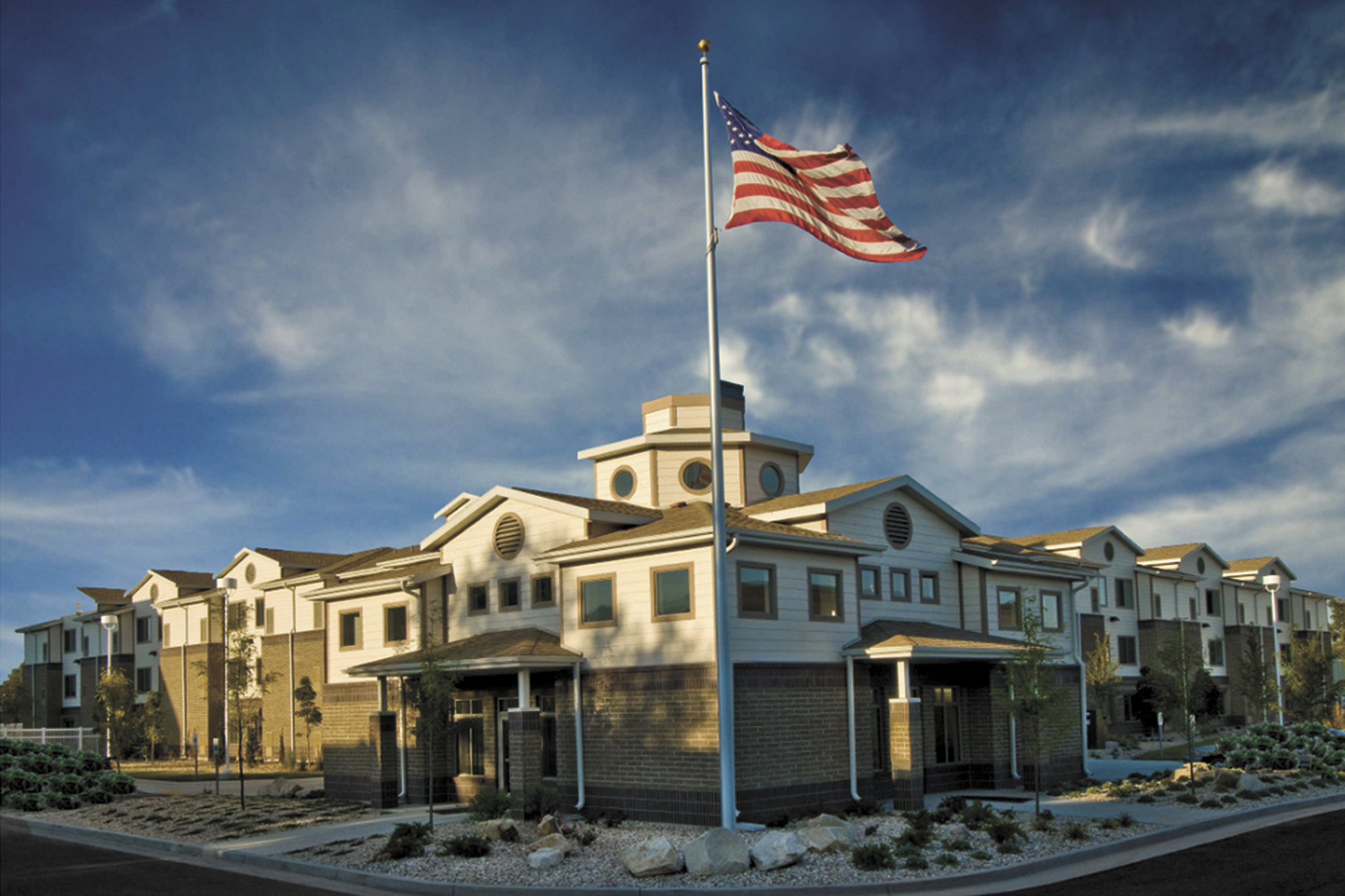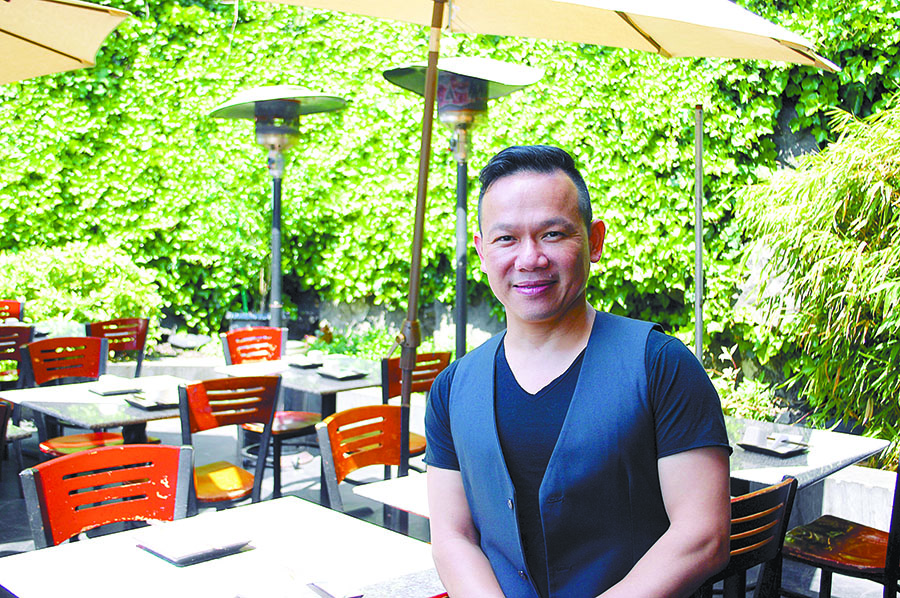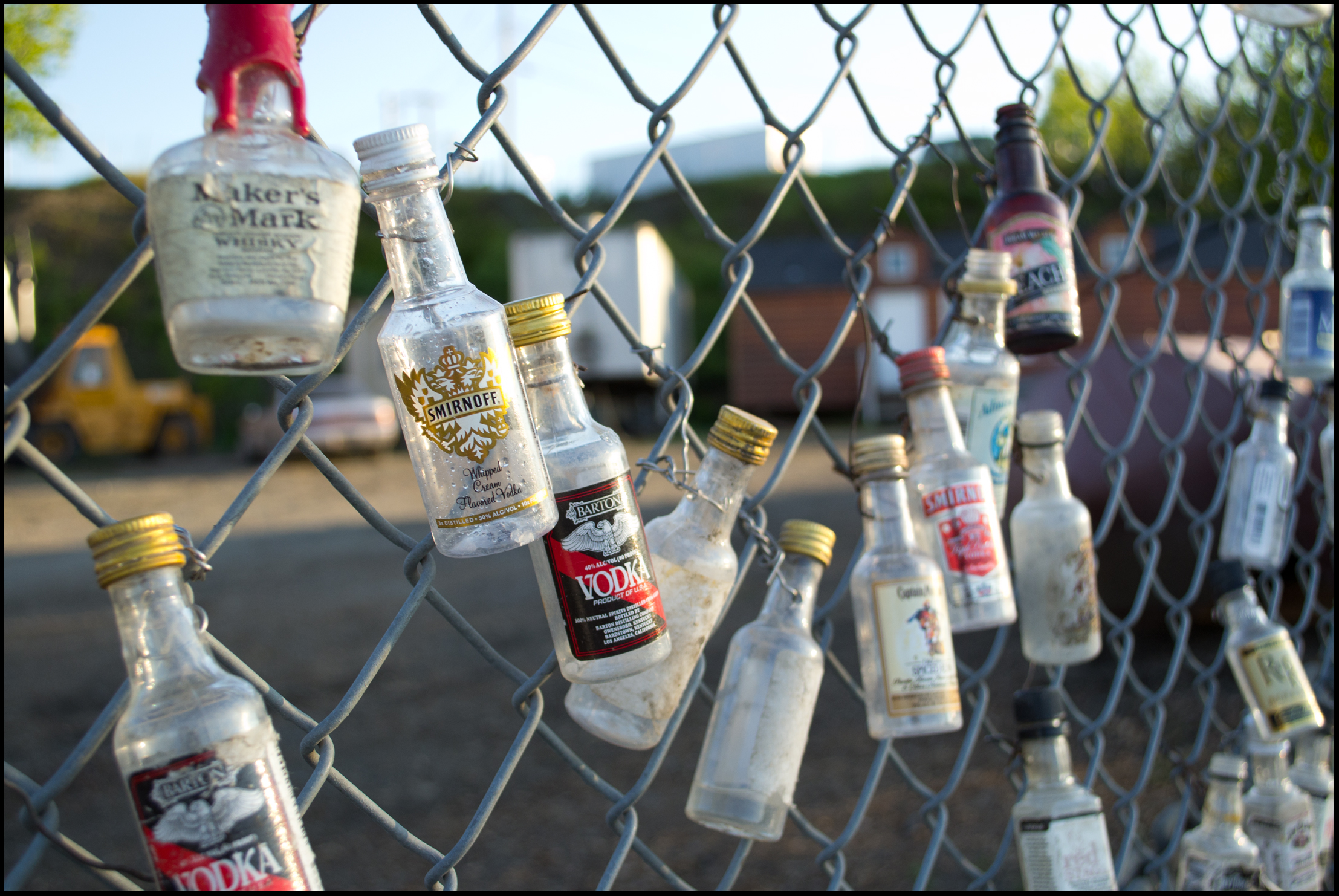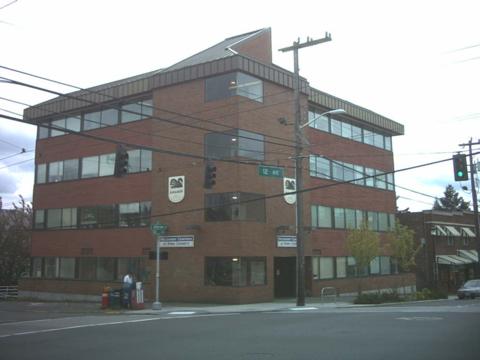“John Kennedy’s bright trajectory ended in mid-passage, severed in the glaring Friday noontime in Dallas,” the great essayist Lance Morrow wrote years ago. “The moment when one learned the news became precisely fixed in the memory, the mind stopping like a clock just then.
“It is Kennedy’s deathday, not his birthday, that we observe.”
I was 12 years and nearly 5 months old on deathday, sitting in Mr. Hanchett’s math class at a junior high school straight out of Wonder Years, in northern California.
PT 109, starring Cliff Robertson — I can still remember the black and gold lettering on the marquee — was playing at our lone movie theater on Grant Avenue. Then, grassy knolls were just grassy knolls and Dallas was where the Cowboys played on Sundays – and no one had ever heard of Texas book depositories or Zapruder or Jack Ruby or Officer Tippit.
It was November 22, 1963. The Sixties had not yet been unleashed. To this day, even the act of writing out that date, 11-22-63, sends forth a chill, a ripple of deep sadness.
I believe it was the first time I saw my parents cry.
In the classroom, Mr. Hanchett heard the intercom sound, and when he got off the phone, startled, he told us, “The president has been shot.”
Unspeakable silence. Maybe, please God, he’s only been injured, a glancing bullet to his arm or leg.
Thirty minutes later: “The president has died.” The mind stopping like a clock just then.
The school was dismissed. Parents, mom’s mostly, rushed to pick up their kids. The dad’s would be home soon.
On election night 1960, I remember my father – he was 39, a $9,000-a-year accountant who, dressed not unlike Don Draper, took the Greyhound each morning into San Francisco from our tract home on Stone Drive in Marin County – seemed as happy as I’d ever seen him.
Each time Cronkite or Brinkley called a state for Kennedy, he roared with delight. We stayed up all night. I missed school the next day. My father didn’t mind, for he always said Election Day ought to be a national holiday. Same with Inauguration Day, for which we, too, spent the day at home – our contribution to Kennedy’s call that we ask what we can do for our country.
Two years later, in the fall of ‘62, Mr. Winn taught us sixth-graders how to hide under our desks in case things didn’t work out in Cuba, then pockmarked with Soviet missiles. On one of those October nights, over a chili and corn bread dinner, my father, inexplicably, carried on in grim detail on what an atomic bomb could do to one’s skin.
It took me years to eat a bowl of chili again.
For anyone not alive at the time, it is impossible to appreciate, just 17 years removed from Hiroshima, the palpable fear, something akin to being told your condition might be terminal – that your life could end in a hurricane of fire in days, hours, fallout shelter or not. No place in the world seemed more forboding than Guantanamo Bay.
My parents, flinching from the ear-splitting roar F-104s thundering above nearby Hamilton Air Force Base, assured us President Kennedy would figure this out. And somehow he did.
For four days we sat in a near round-the-clock vigil in front of our black and white Magnavox, a most pitiful Irish wake if ever there was one.
I watched Cronkite well up in tears.
I watched Robert Kennedy, an expression of unspeakable grief, rush aboard Air Force One that carried the body back, looking for Jackie.
I watched (live!) Jack Ruby reach out with a revolver and shoot the life out of Lee Harvey Oswald. Yes, unbelievable.
For my parents, it wasn’t John John’s salute in front of the flag-draped casket that elevated mere tears into sobs. No, it wasn’t that. Nor was it the lighting of the eternal flame at Arlington National Cemetery, or Jackie in the black veil, or the footage, played over and over, of Jack, alive and vital and shimmering like the green-blue seas he sailed off Cape Cod.
No, it was the searing heart-grabbing moment of seeing on that grainy Magnavox the young president’s rocking chair and Caroline’s little hobby horse being carried out of the White House.
It took a long time for my parents to get over it, for the shock to pass and the horrors of Dallas to recede. Like many Americans, I’m not sure they ever did completely.
A lot of lights went dim the day the eternal flame was lit.
The memory of all this, 50 years later, reminds me of the famously poignant exchange between the venerated Washington Star columnist Mary McGrory and Daniel Patrick Moynihan after the president’s assassination:
“We will never laugh again,” said McGrory.
Moynihan, who worked for Kennedy, replied, “Mary, we will laugh again. But we will never be young again.”
